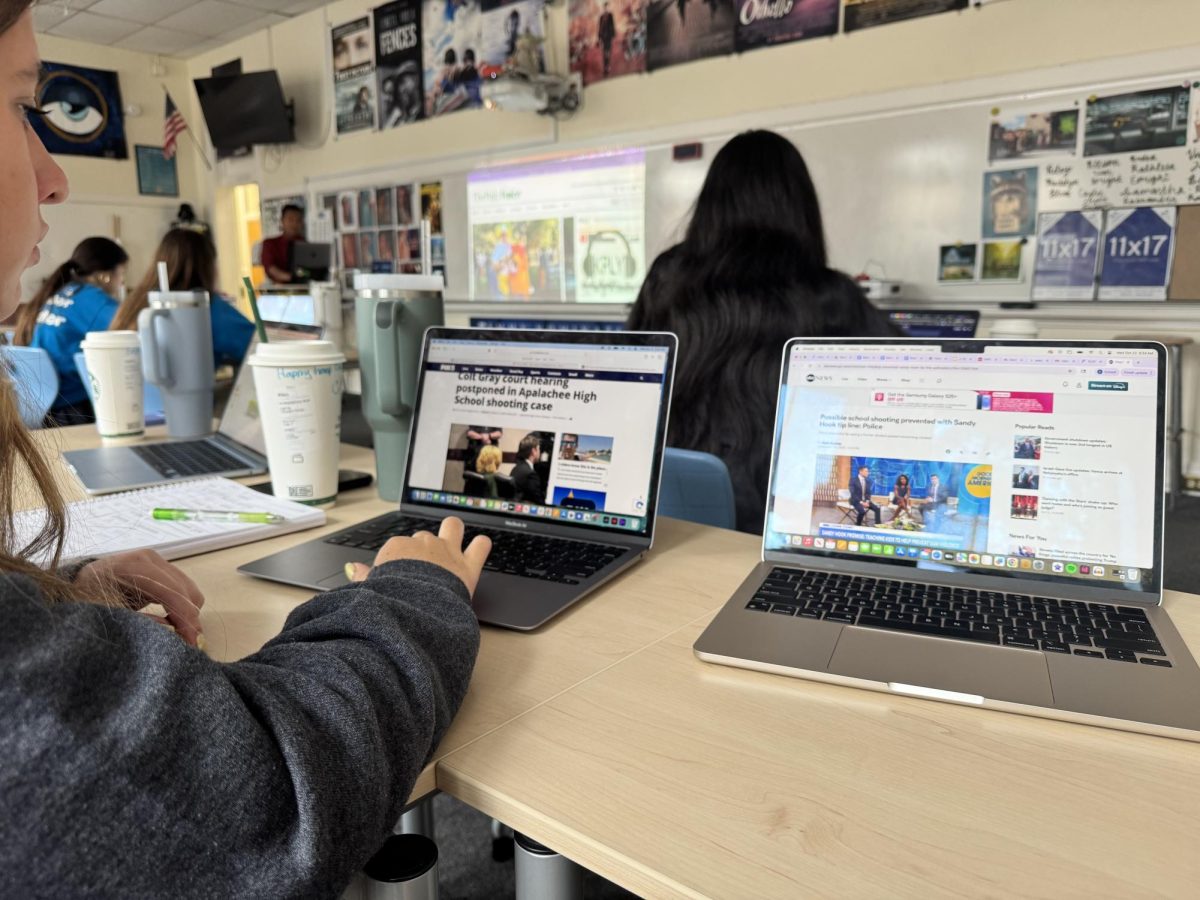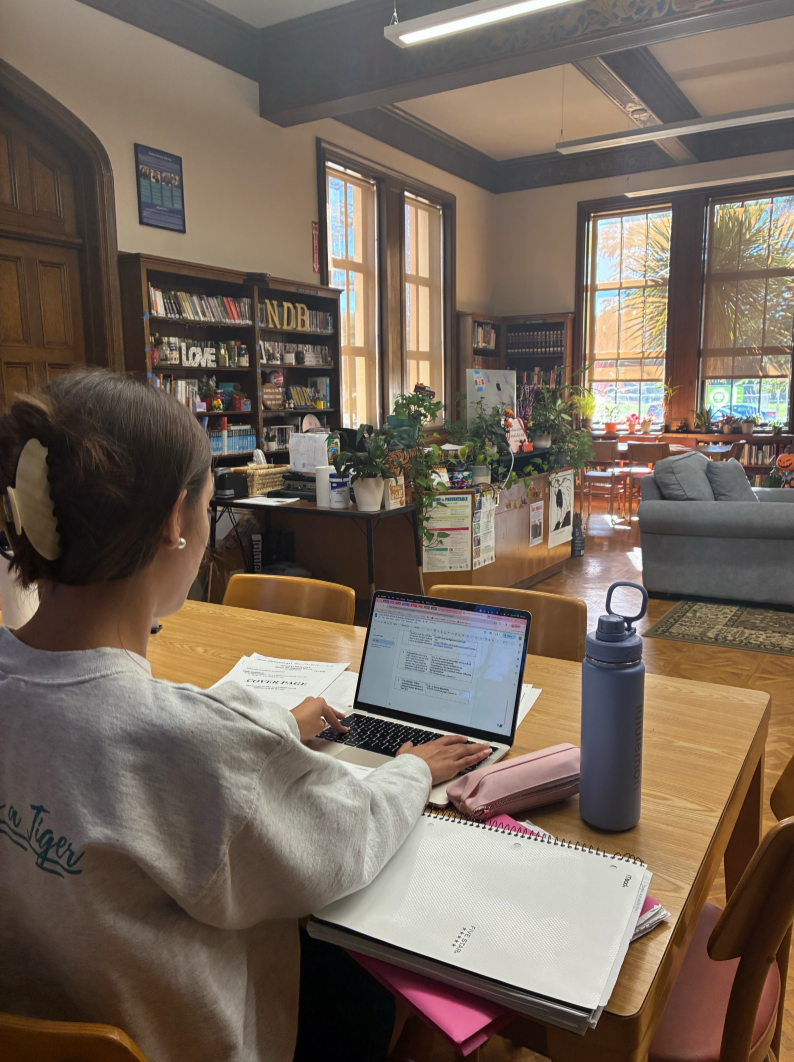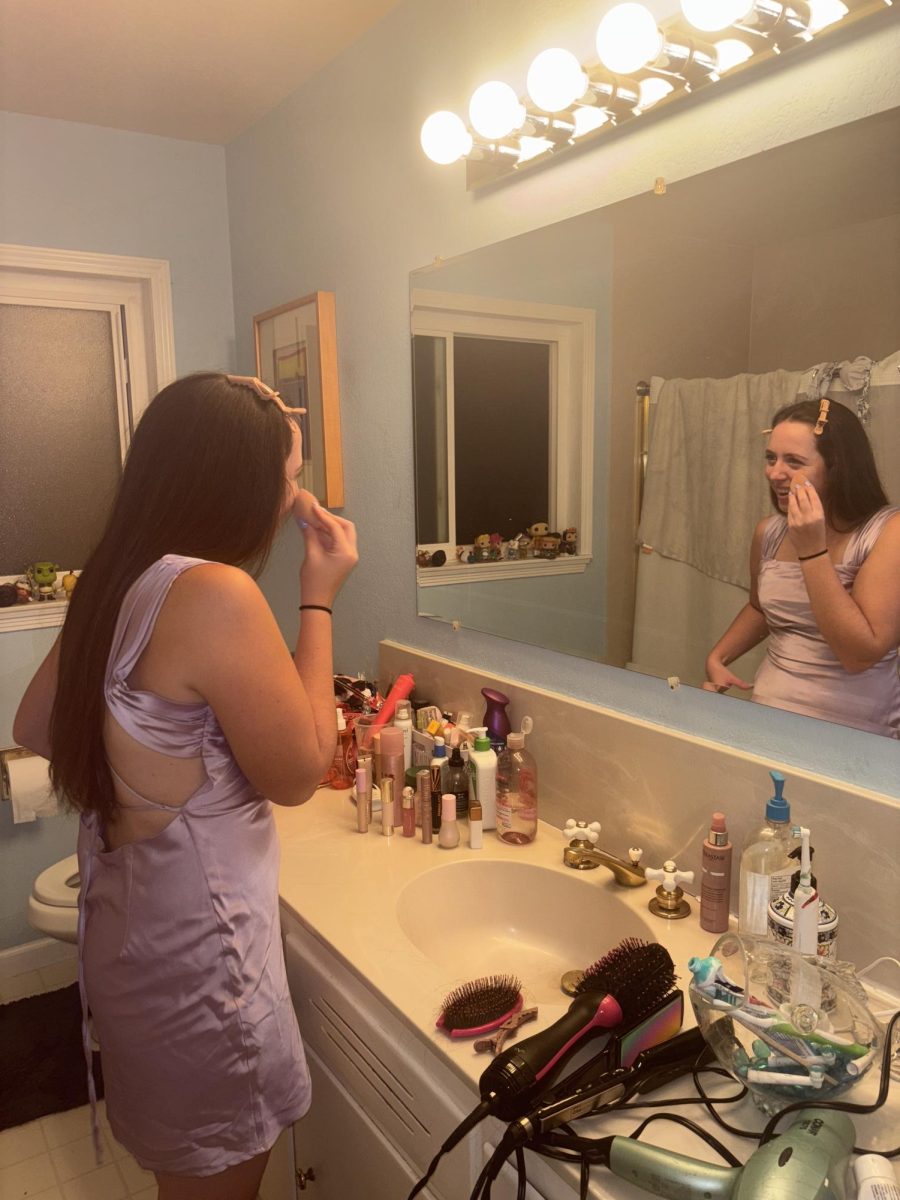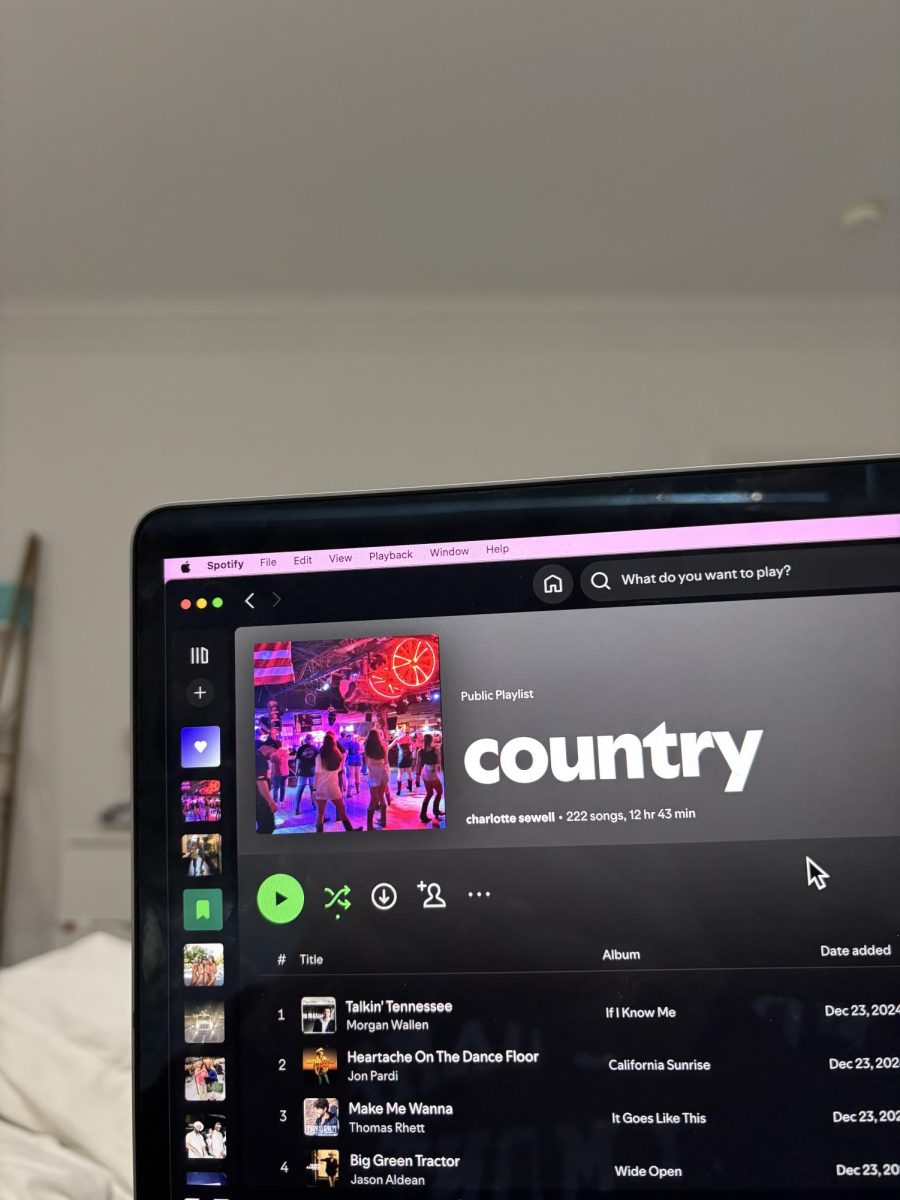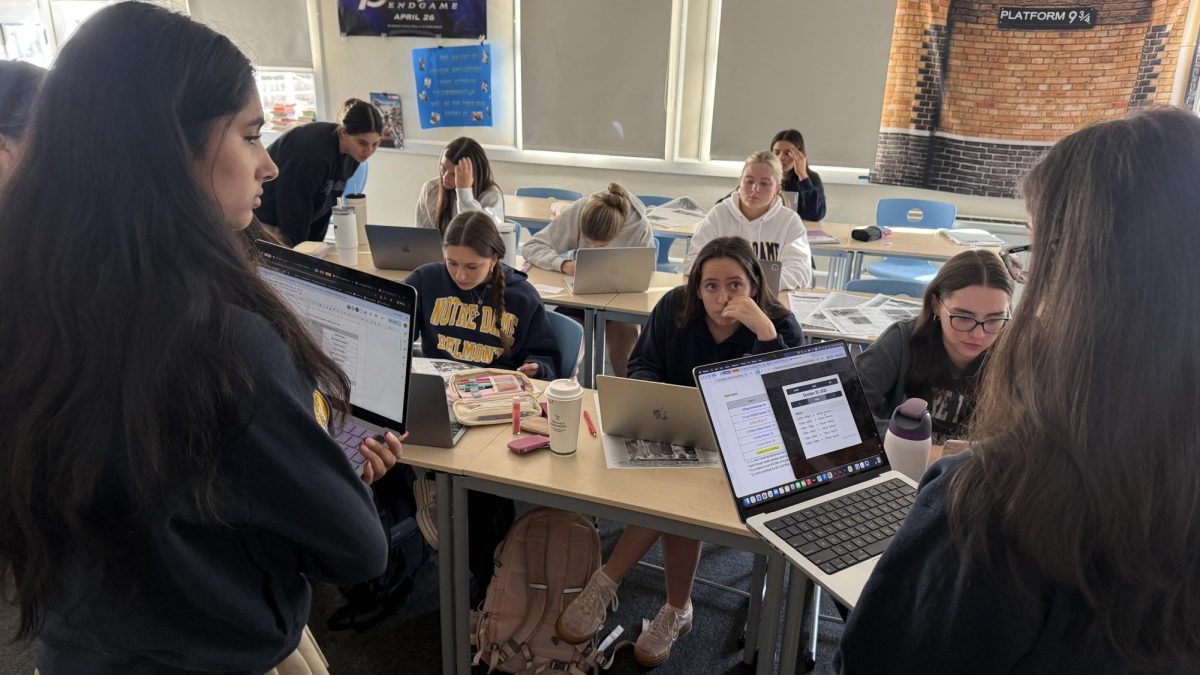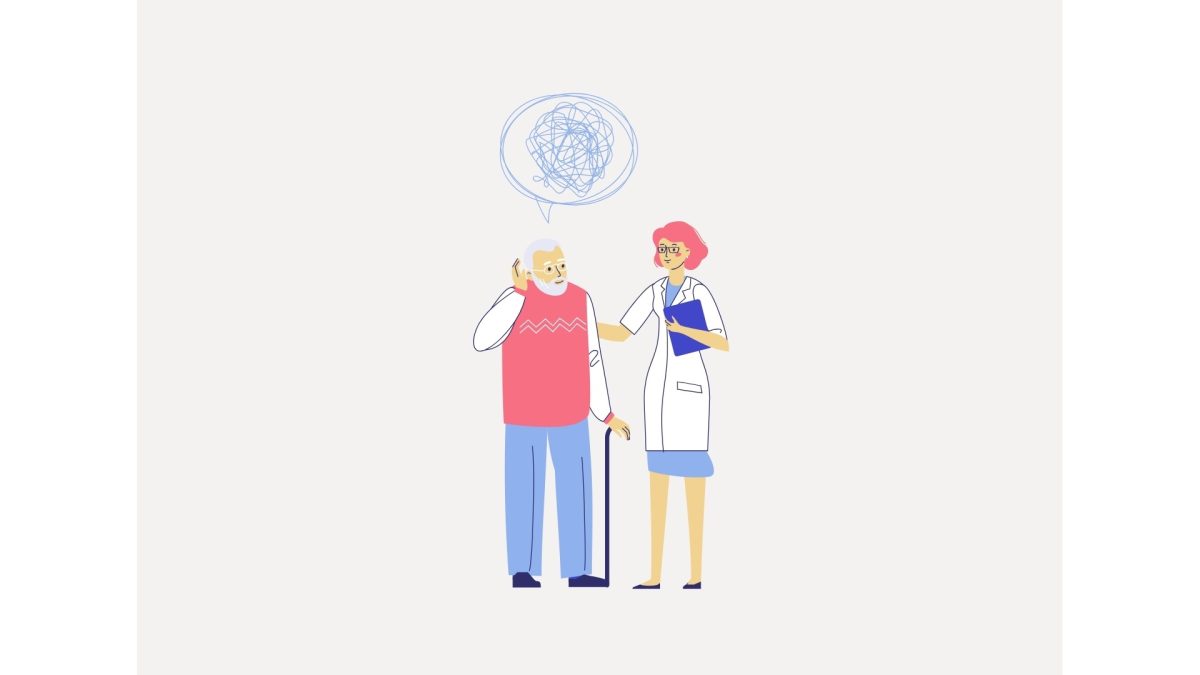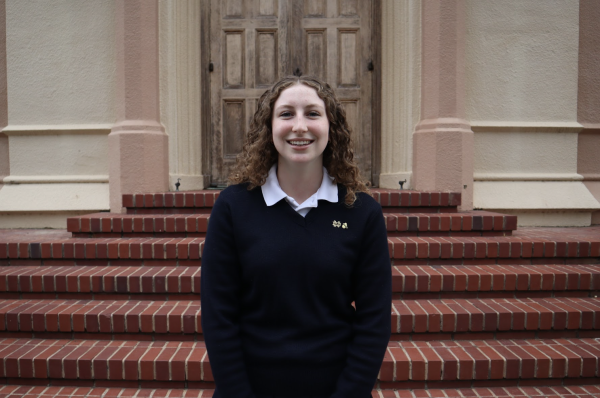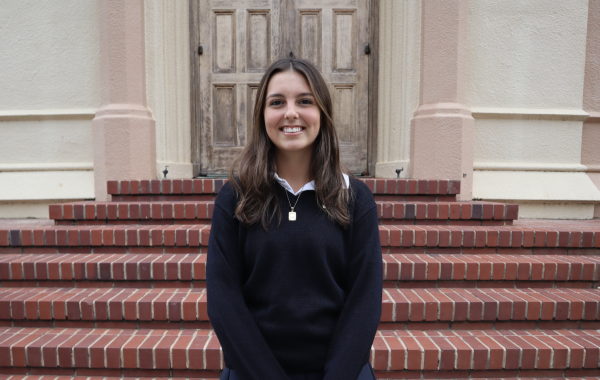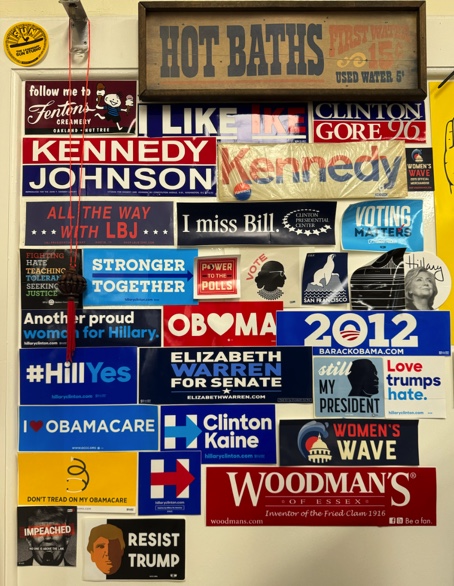
“Please do not talk about politics at the table.” I can hear my parents warn me. It seems like an unwritten rule to not start political arguments at the dinner table. But, what about in the classroom? With the growing increase of Generation Z participating in politics through government and social media, it seems like a topic that is hard to avoid, especially in school classrooms.
Many classes are inevitably going to discuss politics – most English and social science classes will have some sort of political discussions, but even classes in the science and visual and performing arts departments will have debates.
Part of critical thinking is being able to create an argument and support it with evidence, and in order to make an argument, one needs to have an opinion.
Most schools have a diverse student body with students coming from different backgrounds, cultures, religions and belief systems. All of these include different opinions.
Politics should be a topic that is encouraged within the walls of a classroom because it allows students to talk to one another and explore complex and controversial topics in an environment that safely supports the learning process. A classroom with a discussion on politics, rather than just a lecture on it has the potential to study opposing views and find common ground between students or even solutions for modern political problems.
One of the major concerns with politics in the classroom today is the line between teaching and indoctrinating.
If a teacher decides to share their opinion with their classes, whether political or not, it should be made clear to students that their teacher’s belief is not a fact, but an opinion.
Take it a step further. In states such as Florida, it has become a trend to ban books based on what is deemed inappropriate by the school community. This has led to a mass banning of books with some schools banning dozens of them. These book restrictions not only stigmatize reading for younger generations, but also take away valuable resources from students and teachers.
These restrictions do not stop people from forming their own political opinions. It only makes students more curious or concerned about these topics and makes them search them up. Now, instead of “protecting” kids, they have opened a potentially dangerous way for kids to learn about very real topics in the world: through fear.
Opinions are a part of every human’s way of thinking, and every person is involved and influenced by the political world around them. So, people are inevitably going to create political opinions. Being able to have civil discussions with a multitude of different perspectives within the walls of a classroom can help change the current political scene of the United States and make it less divisive and instead more cooperative.

